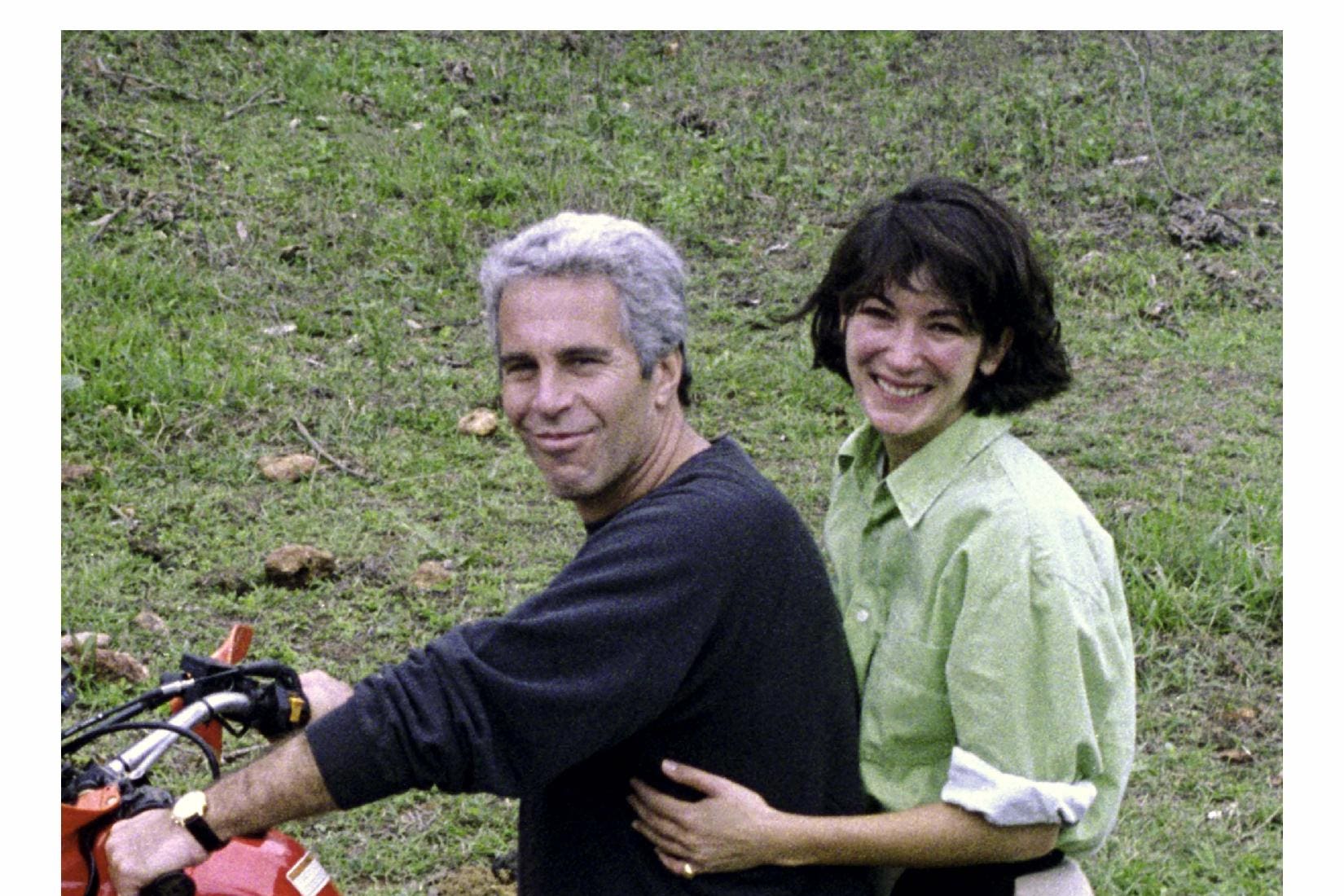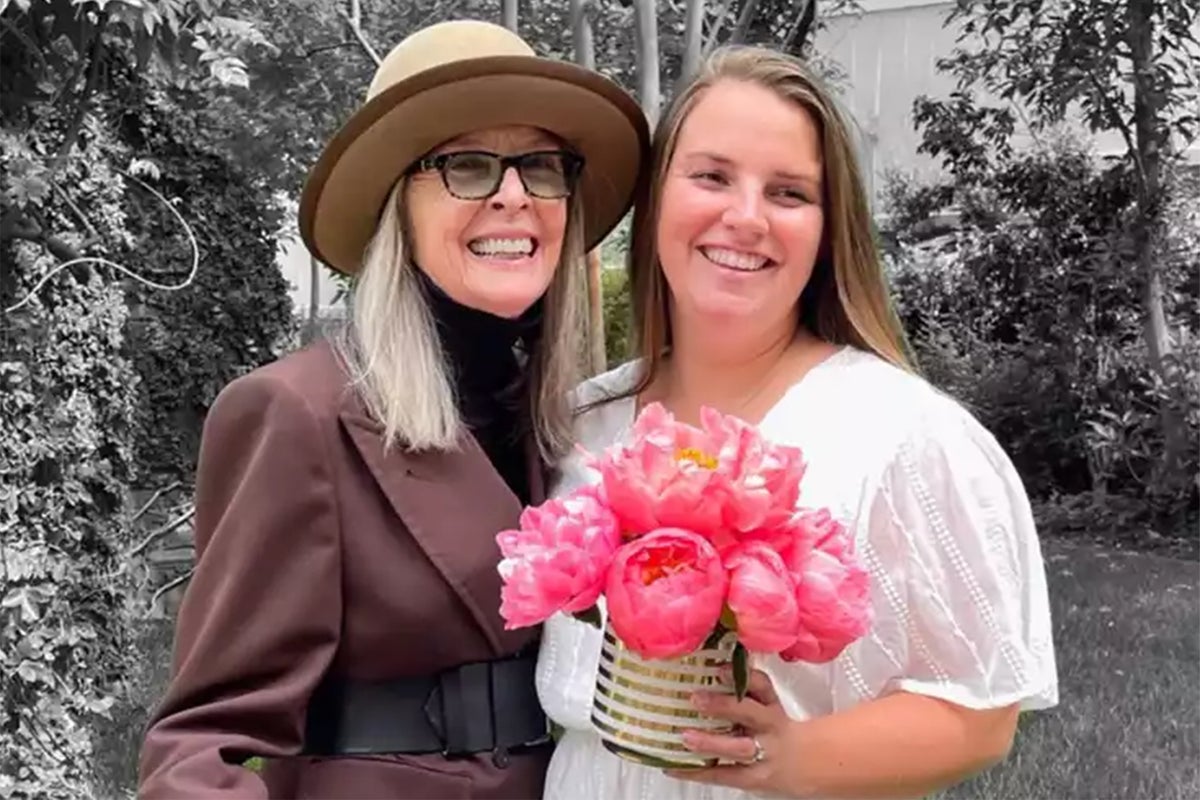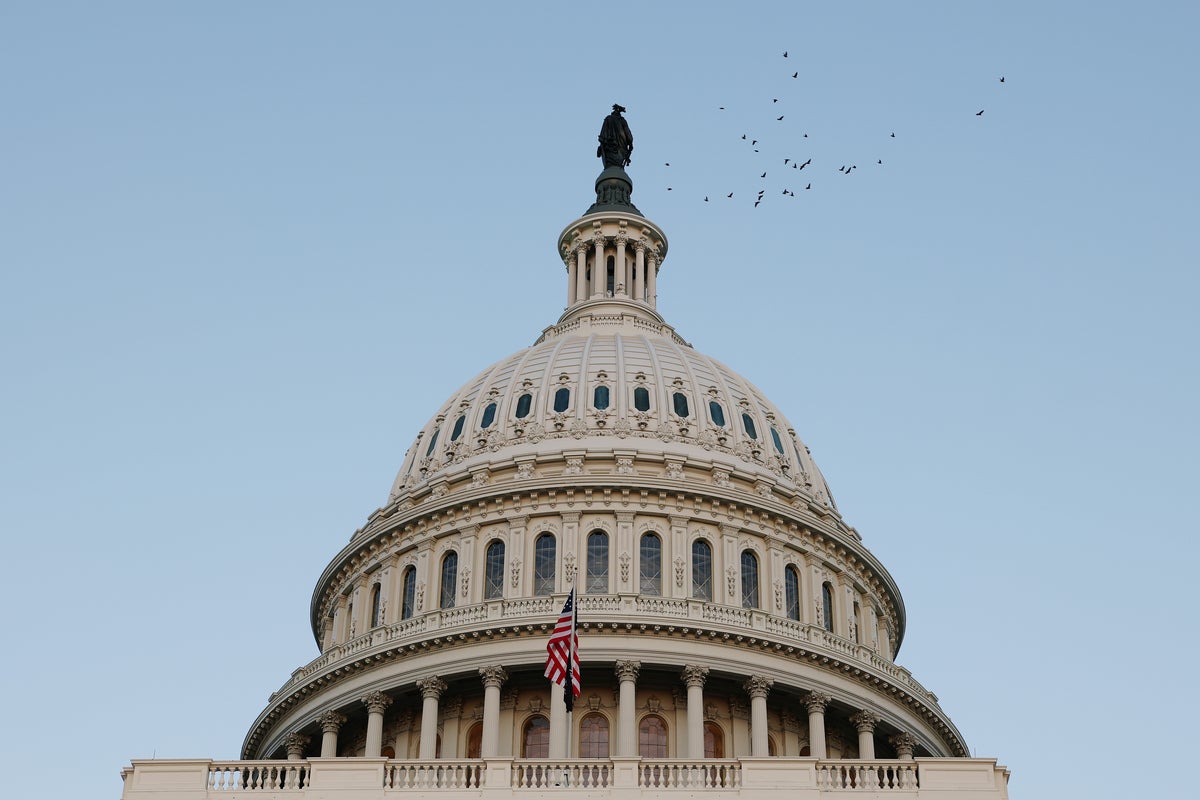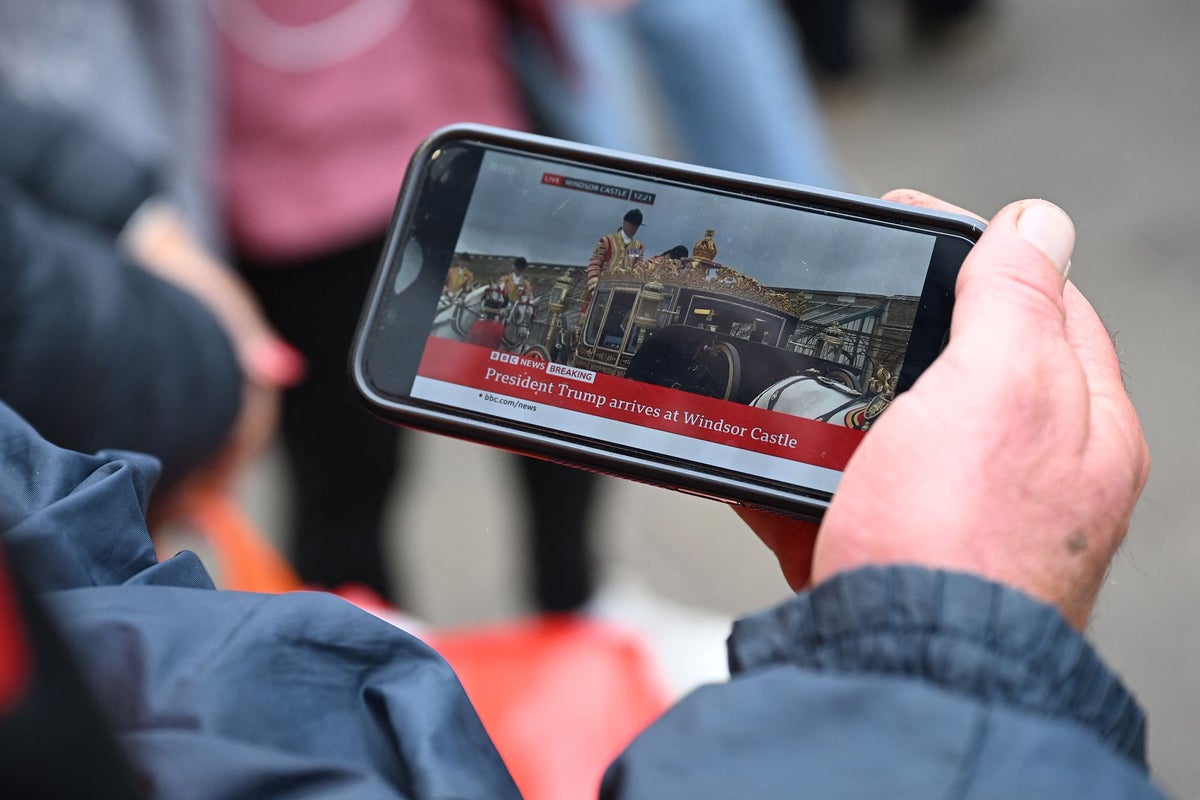A woman who was trafficked and raped by Jeffrey Epstein has sued two major New York City banks alleging that they facilitated his empire of abuse by failing to take action on suspicious transactions.
In a pair of class action complaints filed in federal court in Manhattan on Wednesday, lawyers for "Jane Doe" accused Bank of America and Bank of New York Mellon (known as BNY) of "participating in and financially benefitting" the abuse of "thousands of women and girls".
"Egregiously, [these banks] had a plethora of information regarding Epstein’s sex trafficking operation, but chose profit over protecting the victims," the complaints read.
"[The banks] knowingly provided the financial support and the veneer of institutional legitimacy for Epstein and his co-conspirators to fuel their international sex-trafficking organization under the guise of non-criminal business activities.
"And because the bank[s] failed to timely file suspicious activity reports as to any of these transactions, [they] failed to alert law enforcement as to Epstein’s crimes before it was far too late."
Neither bank has yet answered those claims in court and both declined to comment when contacted by The Independent.

This is not the first time banks have been accused of complicity with Epstein's abuse. In 2023, JPMorgan Chase paid $290 million to settle a lawsuit from victims and $75m to settle another from the U.S. Virgin Islands, without admitting any wrongdoing.
The same year, Deutsche Bank paid $75m to settle a similar lawsuit from victims, again admitting no wrongdoing.
Wednesday's lawsuits were filed on behalf of a Florida resident known only as Jane Doe, due to the sensitive nature of her claims, and her fear of retaliation from Epstein's "co-conspirators".
According to Doe's lawyers, between 2011 and 2019, Epstein "indoctrinated" and "coerced" her into a "cult-like life" where the disgraced financier controlled her "financially, emotionally, and psychologically", raping or sexually abusing her on "at least 100 occasions".
In May 2013, Doe allegedly opened an account at Bank of America at the direction of Epstein's longtime accountant.
Epstein then allegedly used this account to pay Doe's living expenses and to create a paper trail to fool immigration officials into letting her stay in the U.S.
Doe's lawyers further alleged that BNY handled the accounts for and loaned money to MC2, a modeling agency that Epstein established with French fashion scout and alleged serial rapist Jean-Luc Brunel.
Epstein then used MC2 to "recruit new victims from all over the world", allegedly leveraging the BNY account to fund his sex-trafficking operation.
"Epstein could not expand his operation to the level it ultimately reached without complicit financial banking institutions that would ignore red flags and assist him in his sex-trafficking scheme," the complaints allege.
"The essential ingredient Epstein needed to expand his sexual abuse of young women and sex trafficking venture was a financial institution that would know — but not care — that Epstein was sexually abusing women on a daily basis and paying out millions in hush money."
U.S. banks are legally required to be vigilant against money-laundering, verify and monitor their customers, and report signs of criminal activity to the federal government.
Both BNY and Bank of America should have known that Epstein required special scrutiny, the lawsuits claim, not only because of his controversial plea deal in 2008 but because of the drumbeat of public allegations about him and his associates during the final few years of his life.
"[These banks] cared about one thing — profit — and showed absolute loyalty to Epstein, including a willingness to violate banking laws, ignore multiple red flags of criminality, and participate directly in sex trafficking to enable Epstein to fulfill his abusive sexual appetite at the expense of countless vulnerable young women," the complaints allege.

.jpeg)

























.jpeg)












 English (US) ·
English (US) ·